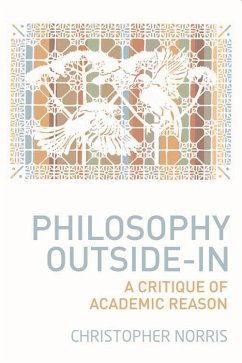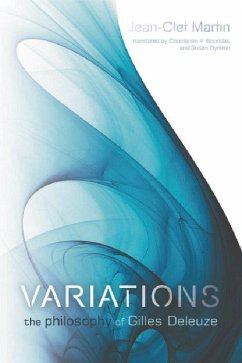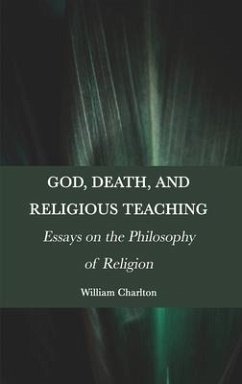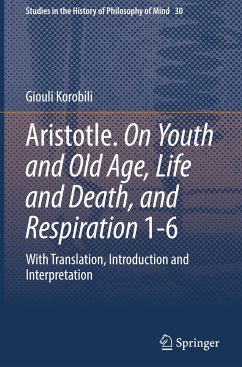
Death, 'Deathlessness' and Existenz in Karl Jaspers' Philosophy

PAYBACK Punkte
64 °P sammeln!
Karl Jaspers is one of the most misunderstood twentieth century philosophers, yet his philosophical ideas are relevant to our contemporary existence and our understanding of human finitude and in particular and most specifically, death. Filiz Peach provides us with a clear explanation of Jaspers' philosophy of existence and seeks to clarify his views on death and 'deathlessness' in relation to the human being. For Jaspers, a human being is not merely a physical entity but a being with a transcendent aspect, in some sense 'deathless'. This book does not claim to be a comprehensive discourse on Jaspers' philosophy, rather it is a philosophical explanation of his notion of death. It is an exciting piece of research, which sets Jaspers in his historical and philosophical context, highlighting the relevance and importance of his thinking which will appeal to a range of academic disciplines.
'Peach applies the rigour of ordinary language analysis with Socratic questioning to Jaspers's metaphysics and thinking about death and the experience of 'deathlessness'. Gregory J. Walters, Professor of Philosophy, Université Saint-Paul/Saint Paul University, Ottawa, Canada Karl Jaspers is one of the least understood and most neglected major philosophers of the twentieth century, and yet his ideas, particularly those concerned with death, have immense contemporary relevance. Filiz Peach provides a clear explanation of Jaspers' philosophy of existence, clarifying and reassessing the concept of death that is central to his thought. For Jaspers, a human being is not merely a physical entity but a being with a transcendent aspect and so, in some sense 'deathless'. Peach explores this transcendent aspect of humanity and what it is to be 'deathless' in Jaspersian terms. This book is a major contribution to the scarce literature on Jaspers and will be valuable to student and academic alike.













